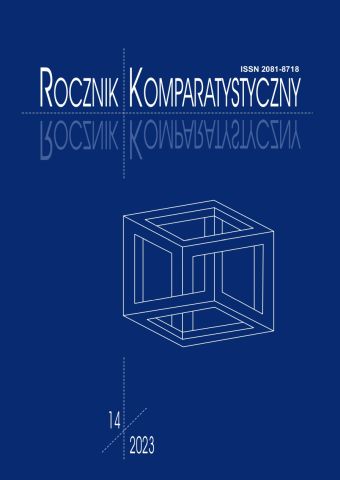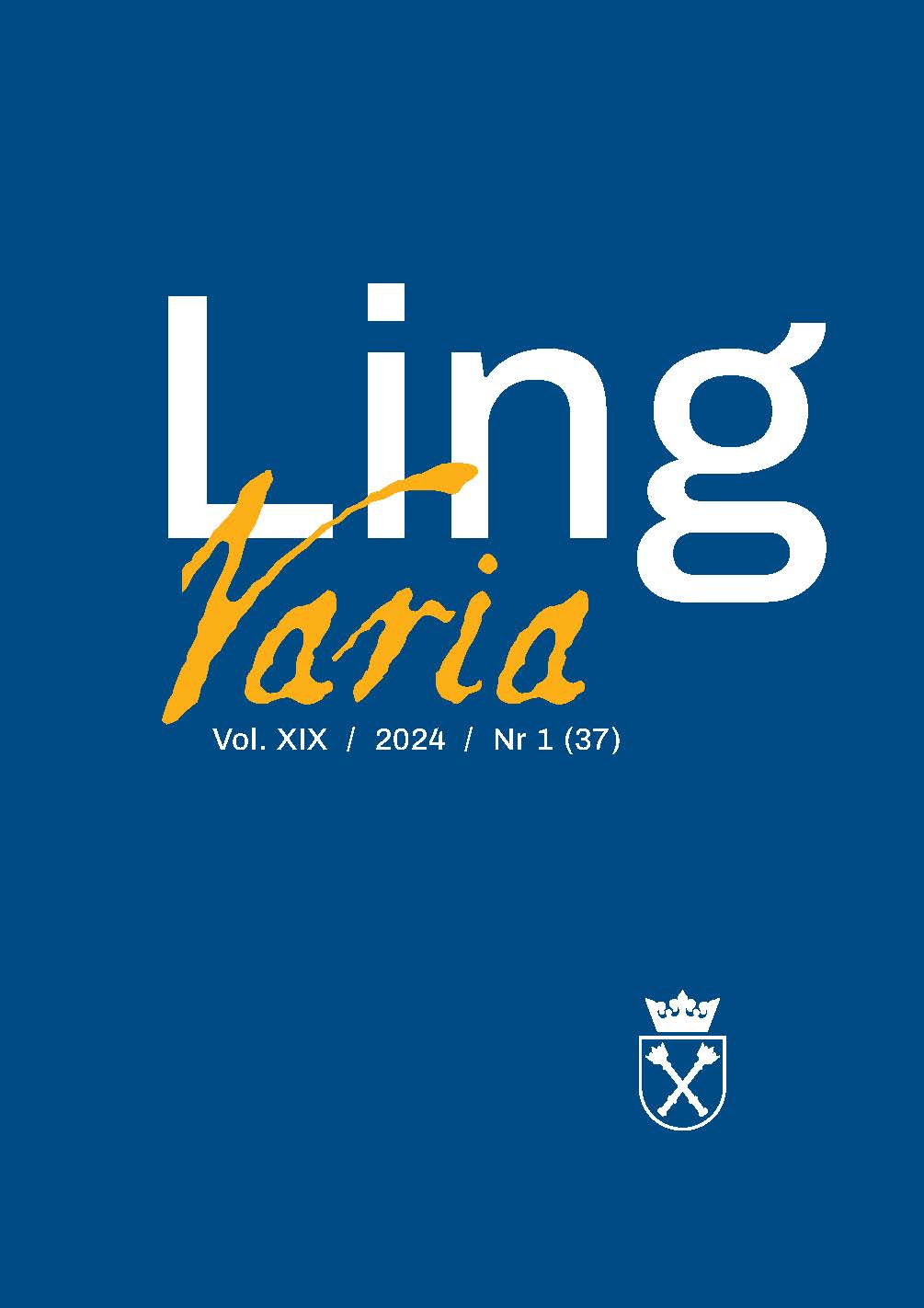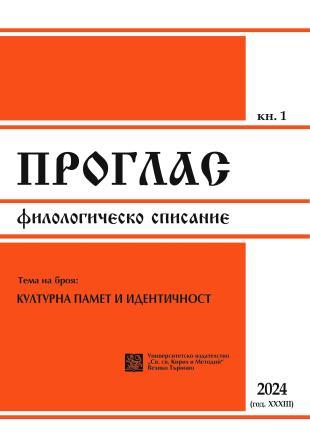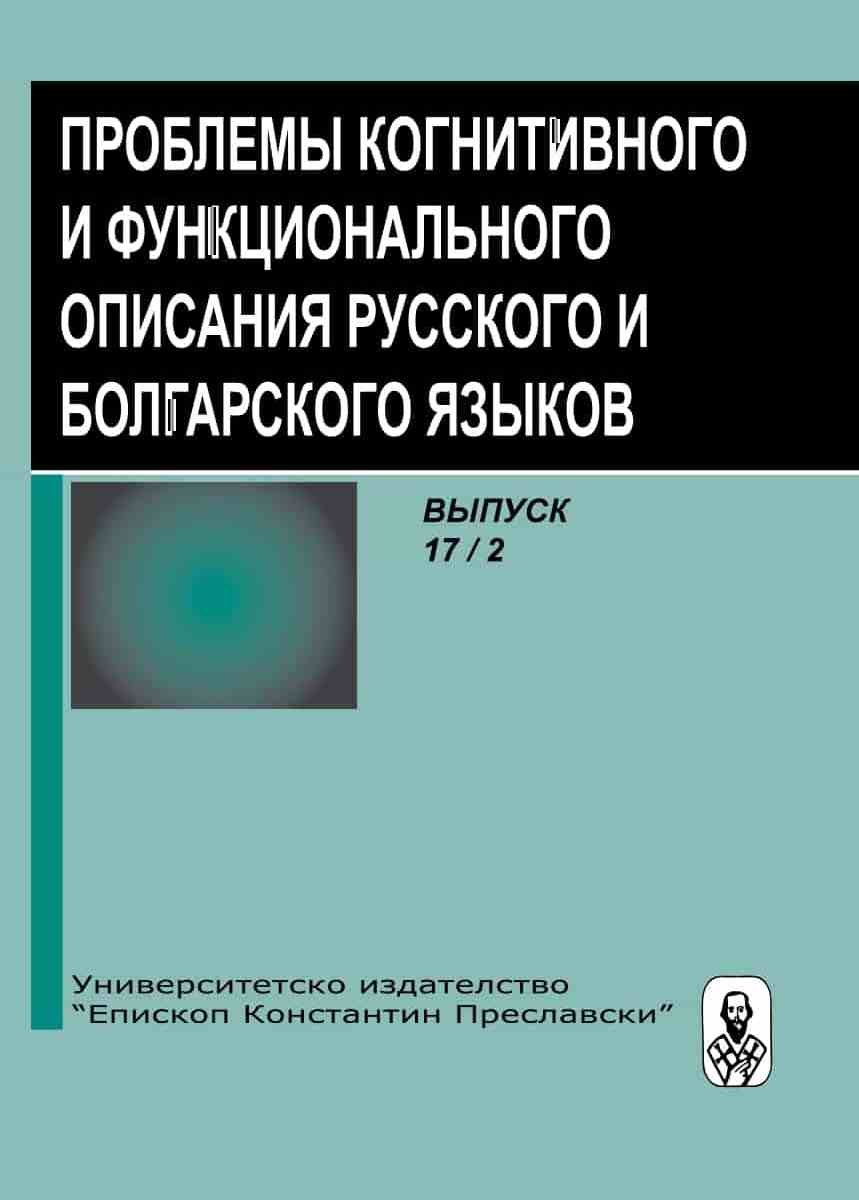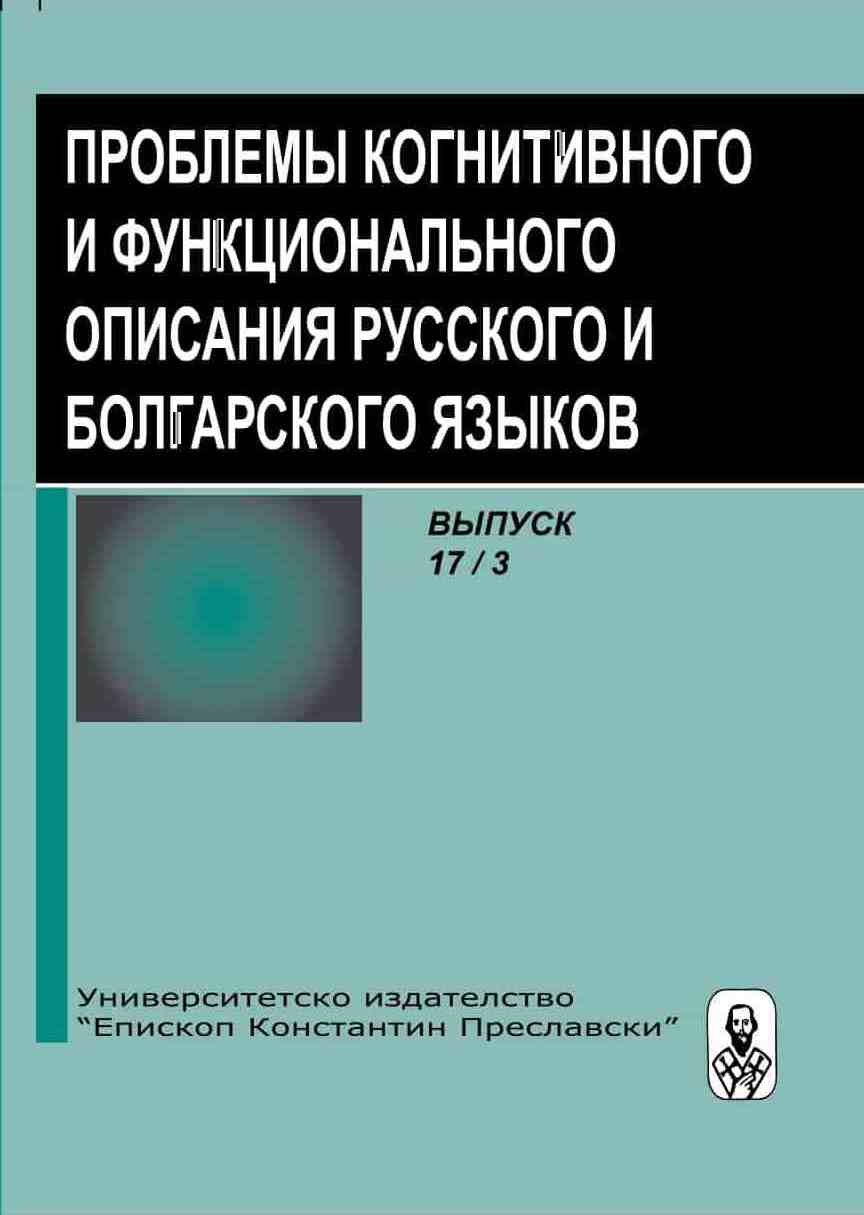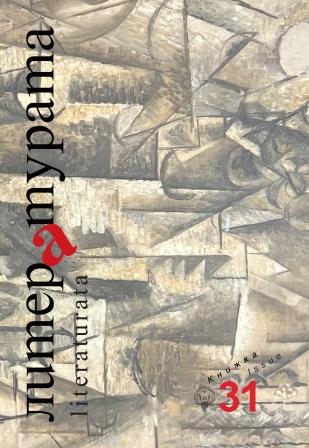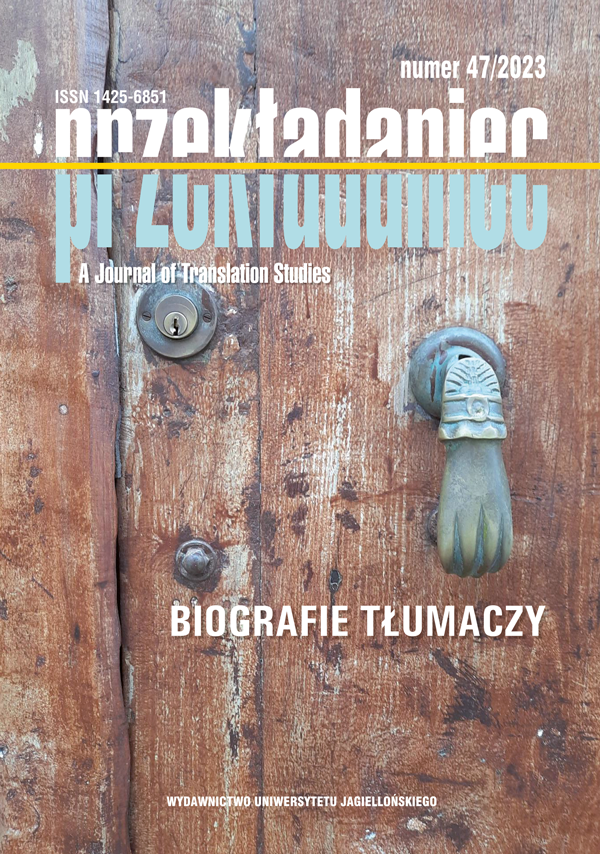
Translatorska biografia Heinricha Nitschmanna: niemiecki polonofil w czasach germanizacji i antypolskiej propagandy
The article attempts to reconstruct the translator biography of Heinrich Nitschmann (1826– 1905) and explain the role he played in Polish-German literary contacts. Nitschmann made German readers familiar with Polish literature firstly through his translations of Polish poetry, and secondly through his popular compendium “History of Polish Literature,” aimed at the German Bildungsbürgertum. Although his translations are not outstanding in quality, they suited the literary tastes of the era and contributed to shaping the German discourse on Poland in the second half of the 19th century. The article traces Nitschmann’s linguistic biography and topobiography, characterizes and situates his translation work against the background of his other activities as a writer, publicist and composer; it attempts to reconstruct his aesthetics and worldview, his translation poetics and self-awareness as a translator. Nitschmann’s modus operandi in his network of literary contacts is shown, exemplified by his relationships with the Danzig publisher Karl Theodor Bertling and with the Lemberg-based Germanist Albert Zipper.
More...
